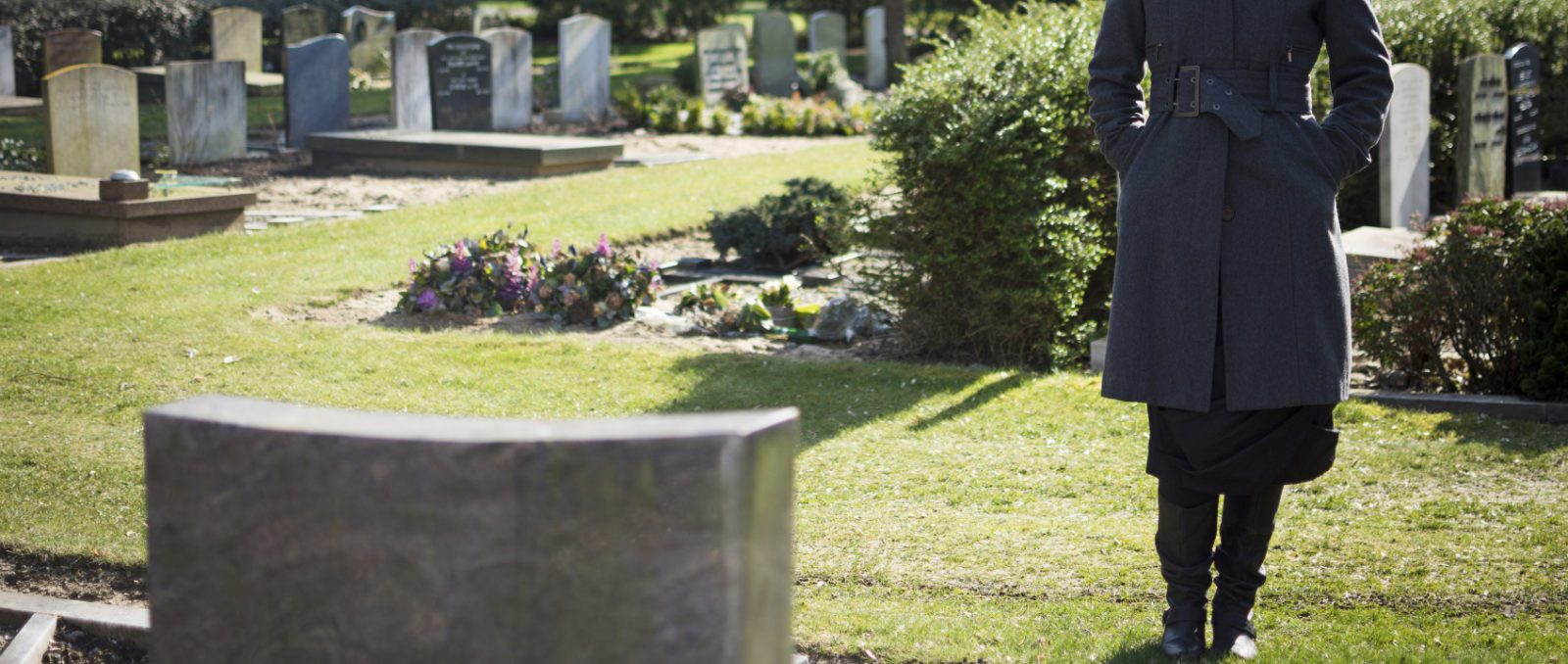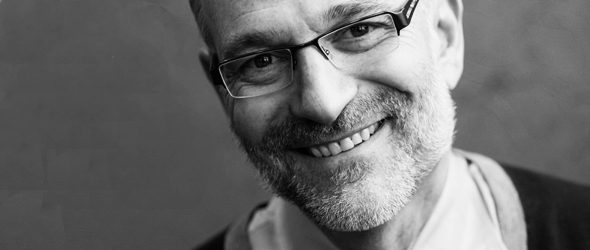End of Life
Bill 3 is a good start but more must be done for palliative care
Raising the bar on our haphazard end-of-life transition from hospital to home
What are we willing to pay for the quality of death we want?
Australia offers lesson in palliative care
The COVID-19 pandemic is changing the dying experience
CPSO’s revised end-of-life policy is ethically problematic
Palliative care access still lacking
Glenna and Wayne
What are the emotional consequences of performing assisted death?
Should people with mental health disorders have access to physician-assisted death?

Should someone with depression be assisted in ending their life? It’s a question that many in health care are currently wrestling with. And it’s not a hypothetical one. The February 2015 Supreme Court of Canada ruling on physician-assisted death – known as the Carter decision – opens the door for people with mental health conditions …
Sedation at the end of life: a legal grey zone

As questions mount regarding what legislation the federal government will enact around doctor-assisted suicide, one end-of-life medical practice receives little public attention. It’s called Continuous Palliative Sedation Therapy (CPST). Formerly known as “terminal sedation,” the therapy is used when all other attempts to relieve a patient’s excessive suffering have failed, and the only option is to …
Canada needs to develop standards for Goals of Care conversations

I don’t remember much about my Grandma, but I do remember how she died. It was one of those perfectly tranquil winter nights in January of 2009. My family was at our home finishing dinner when Leisureworld, her long-term care (LTC) facility, called to inform us that she had a fever and low oxygen levels. …
Peter
The changing face of end of life care

A while ago I finished two weeks working on the palliative care service at St. Michael’s Hospital. As usual it was a moving, stressful, rewarding, frustrating, exhilarating, humbling, human experience. Working clinically provides me with a reality check for the other parts of my professional life which focus mostly on health services research and health …
Medical assistance in dying: should it be legal or banned in Canada?
Why we all need to have end of life conversations

The last time I was in Israel, I went on some home visits with a palliative care physician in the town of Sfat near the Sea of Galilee. My colleague, a devout Jewish doctor, took me to several homes to offer advice on managing his most serious, terminally ill patients. One older Chassidic Rabbi was …
Conflict at the end of life: what happens when doctors and families disagree?

Informed consent to medical treatment is one of the foundational pillars of Canadian medical law and the practice of medicine. Before administering a course of treatment, health care professionals are expected to ensure that their patients understand the benefits and risks of each option and that they voluntarily agree to undergo the chosen therapy. In …
How to prepare for end of life care

The Personal Health Navigator is available to all Canadian patients. Questions about your doctor, hospital or how to navigate the health care system can be sent to AskPaul@Sunnybrook.ca The question: I have been following the news about the Supreme Court of Canada’s ruling involving Hassan Rasouli, the patient who has been on life support for three years. …
Planning for care at the end of life: our collective responsibility

Catherine White is a 62 year-old potter and realtor from St. Joseph Island, Ontario. In 2009 she was celebrating her 40th wedding anniversary in Cozumel, Mexico when she felt a funny sensation in her left leg. Two surgeries and 4 years later, she lies in a hospital bed with a sarcoma that has spread to …










